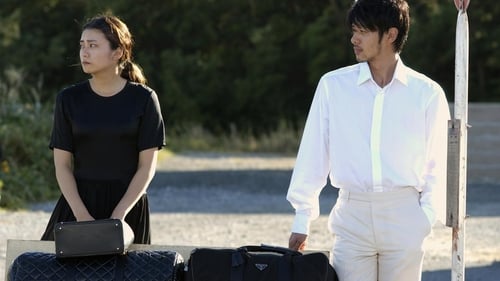
Kijima
오래 전 어머니와 자신을 버리고 떠나버린 게이 아버지를 증오하는 사오리. 경제적으로 어려운 그녀에게 어느 날 젊고 아름다운 청년이 찾아온다. 그는 아버지의 연인 하루히코. 하루히코는 사오리의 아버지 히미코가 암에 걸려 삶이 얼마 남지 않았음을 알리고, 그녀에게 아버지가 만든 게이들을 위한 실버타운에 와서 일을 도울 것을 부탁한다. 아버지의 존재 자체를 부정하고 살아왔지만, 유산을 받을 수 있을 거란 얘기에 매주 한 번씩 그곳에 가기로 결정한 사오리. 일요일 아침, 사오리는 메종 드 히미코의 문을 두드린다.

Sequel to "Guys Who Never Learn".

Comedy based on a book by Joji Abe, about a man in prison for the 12th time.

In the 12th century, Buddhism was still a relatively new religion in Japan. At that time, one school (Shingon) offered extensive training in complex and very demanding practices which might eventually bring about spiritual purification and realization. Various Zen schools offered students a lengthy path, literally composed of a blank wall and unceasing meditation. Yet another school (Tendai) emphasized complex metaphysics and the study of philosophical systems. Basically, all of them were designed to cater to the few who were able to give up everything else in their lives and focus on liberation, such as scholars and noblemen. In this historical and biographical drama, this is the situation that the young Shinran (1173-1263) discovered when he began exploring Buddhism as an alternative to the violence and ceaseless civil wars that racked Japan at the time.

A lavish retelling of the true story of the final voyage and ultimate destruction and sinking of the battleship Yamato, Japan's greatest flagship during the Second World War.

